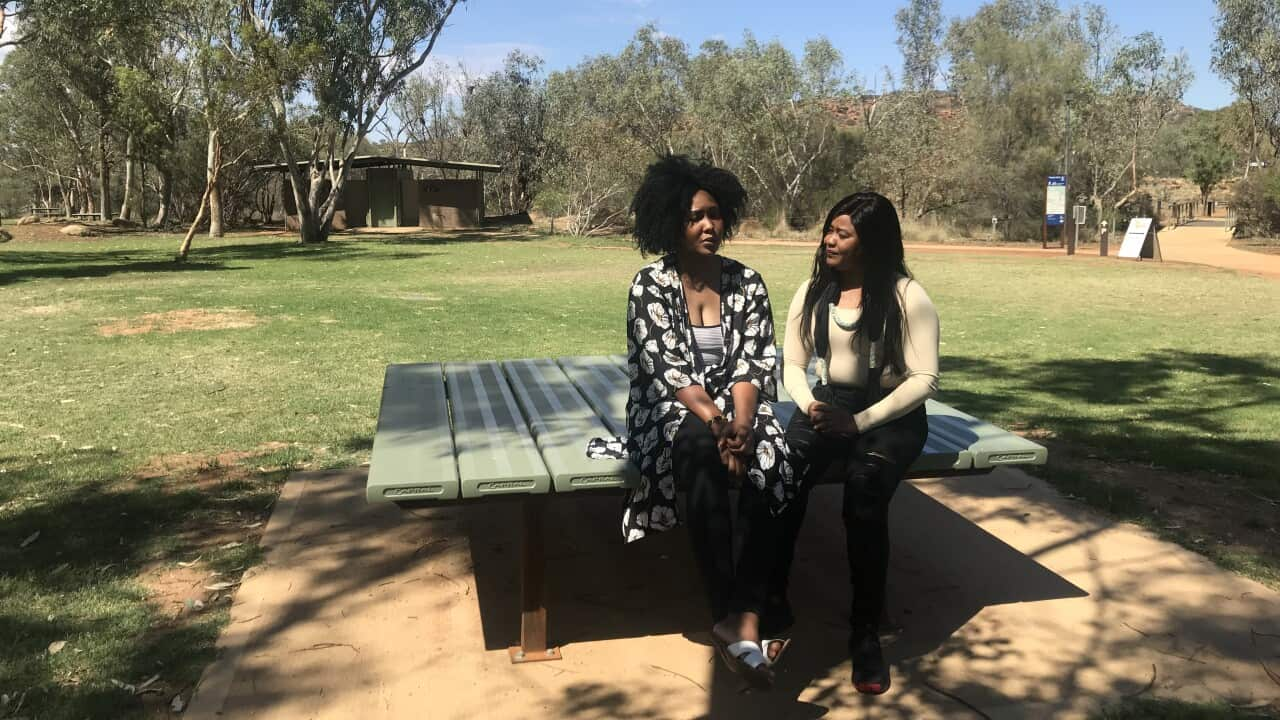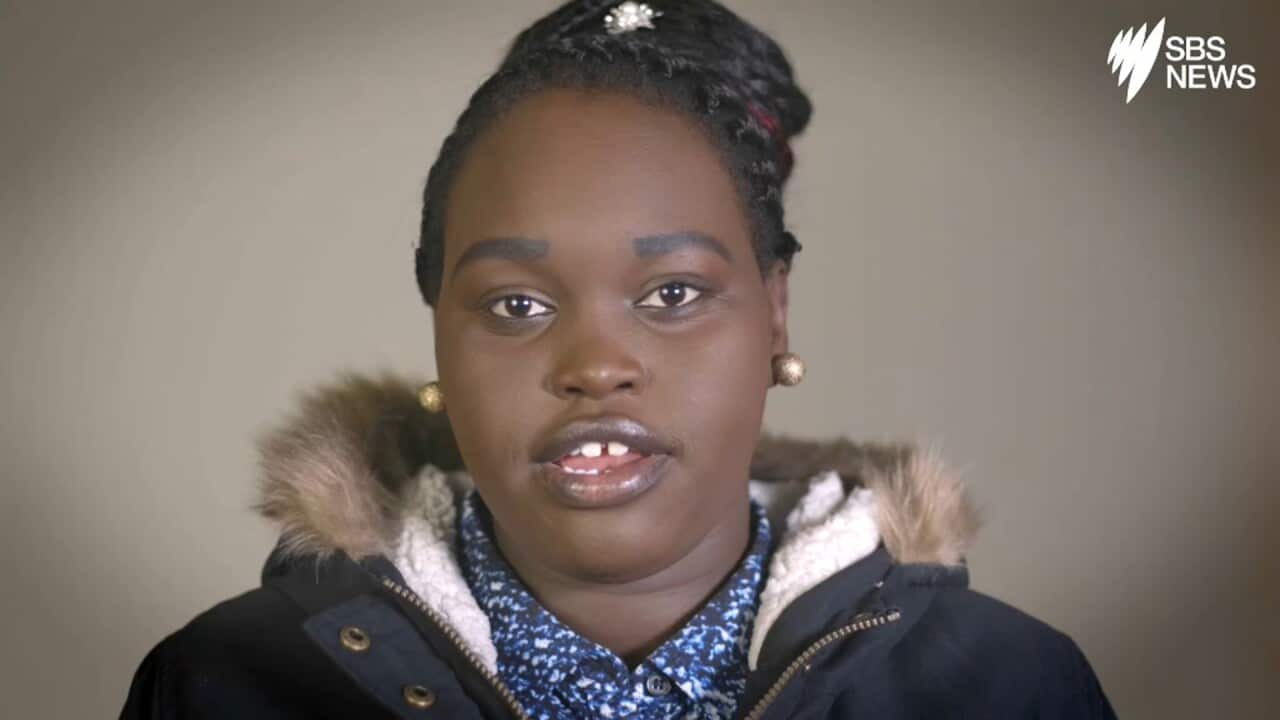While the federal government plans to cut the migration cap to ease congestion in the cities, one refugee group says there’s another solution: look to the regions.
Duol Thian, chairman of the South Sudanese Community in the Northern Territory, says increasing pressures in major cities like Melbourne have pushed many to resettle in Alice Springs.
“Some of our community members now in big cities, they are jobless,” he says.
About 400 South Sudanese migrants have moved to Australia’s red centre in the past decade. Many have found work in aged care, disability, housing and security.
Mr Thian agrees with Prime Minister Scott Morrison’s view that big cities are increasingly crowded, but instead of cuts to the migration cap, he says regional Australia needs the workers.
“In a big city, it is very hard to find your career job, but if you come to a remote community like this… you can find your career job.”
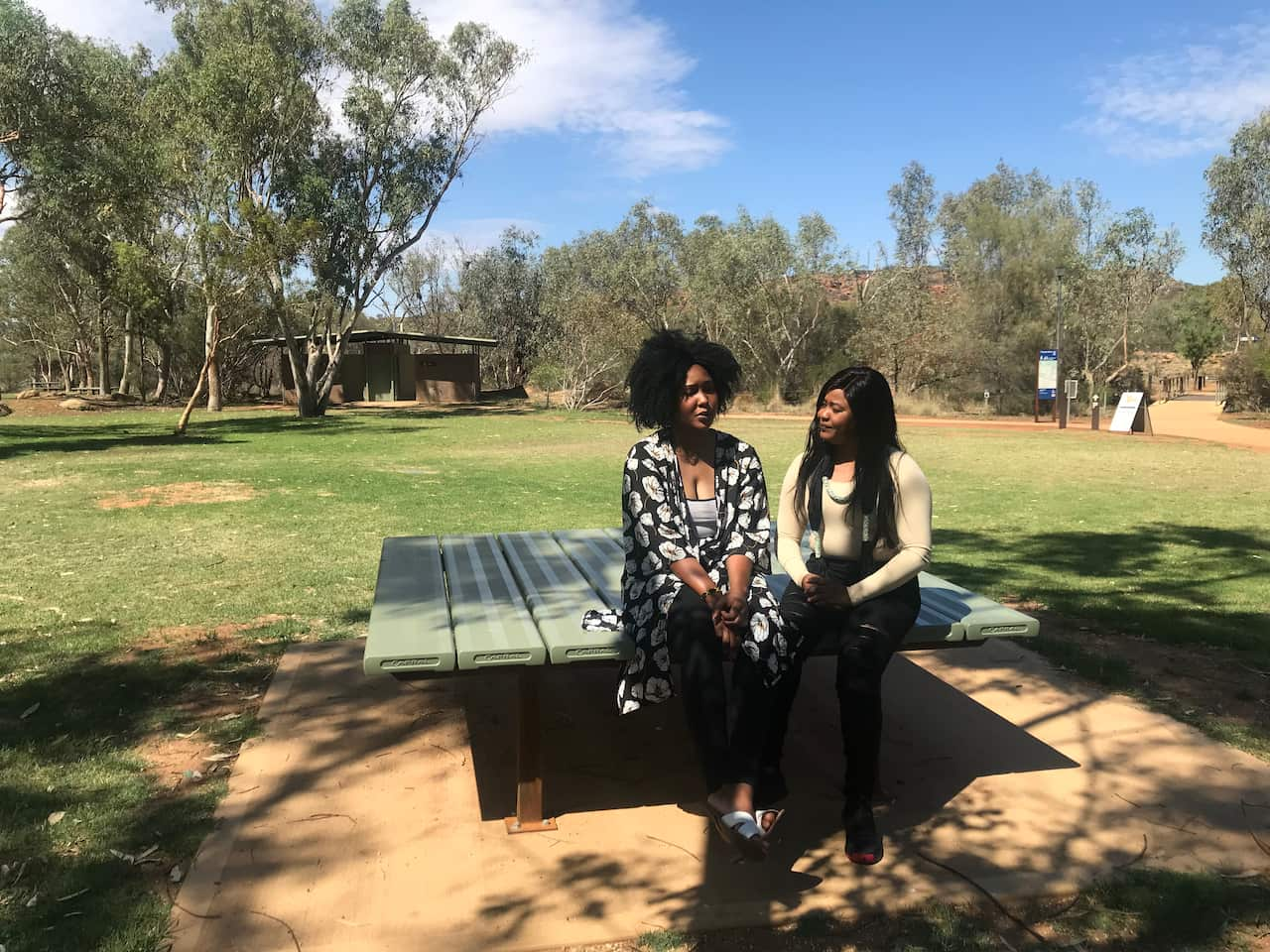
Manny Kuel moved from Melbourne six months ago.
“I was working in Melbourne, factory job and labour,” he says. “But I like working here better.”
Mr Kuel works for disability service provider Life Without Barriers.
Neil Egan, the Operations Manager for Life Without Barriers in the Northern Territory, says migrants, including many from the South Sudanese community, are vital to their workforce.
“Without having the official figures, I would say 70 to 80 per cent of our workforce are migrant workers,” he says.
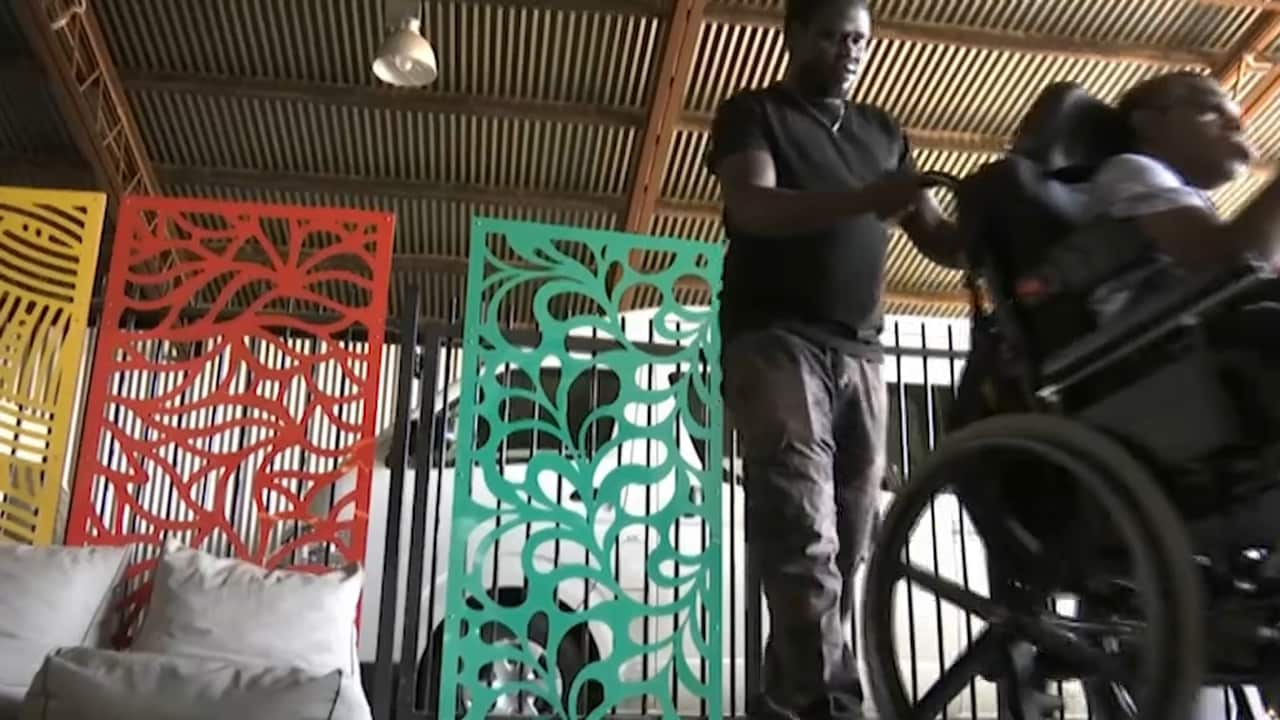
Mr Kuel, like many others in his community, has had to leave his wife, four children and other family members in Melbourne, living away from them in order to support them.
“It’s a bit hard, but they know I am here for a job, so…” he shrugs.
“In the long run, maybe I’ll bring my family here. It depends on if I can find a place to stay that can accommodate all of us.”
Marguerite Baptiste-Rooke, manager of Multicultural Community Services of Central Australia, says many in Alice Springs’ South Sudanese community are in a similar situation.
“House rent is more expensive in Alice Springs than it is in Melbourne,” she says. “It’s not easy for them to bring families, because most of them, they’ve got large families,” she says.
George Dar works two jobs to support his family, who he can only afford to visit a few times a year.
He says it’s hard to play a role in his children’s lives while living so far away.
“I think all of the people miss their families. Imagine if your kids, always asking to attend their basketball, soccer, footy.”
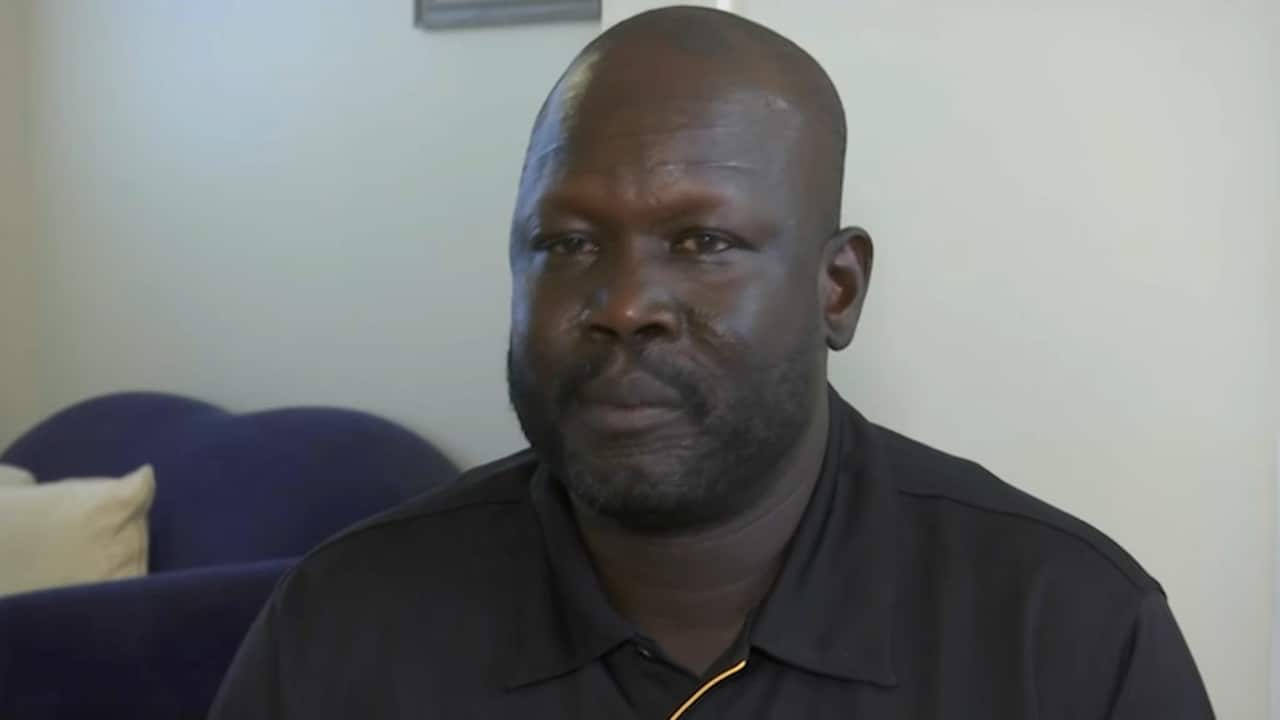
He’s saddened by reports of youth disengagement in Melbourne.
“South Sudanese, they are very good people, they are very hard-working community. Here in the Northern Territory, if they come, they will see the difference we make.”
“What I can suggest, particularly the Victorian government, need to create some opportunity for those young men. Training which can lead for a job, or the training which can lead to them repaying their education. Who can make them feel like the country need them; the country want them.”
Aspiring nurse Lubna Tiob is one of the community’s longer-term residents, having lived in Alice Springs for nine years.
While she came for work, she stayed for other reasons.
“It’s a beautiful small town,” she says. “The weather is just like African weather.”
She prefers it to a big city like Melbourne, though she acknowledges she may not stay forever. She and her husband may decide to move back to a bigger city when their future children reach school age.
“There’s good school here, but not like [in the] big cities, so it’s difficult for the kids to get good education.”
But for now, she says, she's happy to call Alice Springs home.
“Indigenous culture and African culture is similar. There’s a lot of traditional stuff that’s similar, so when I came here, I feel like home. I feel like this is a place I’ve been before, even though it’s my first time.”
